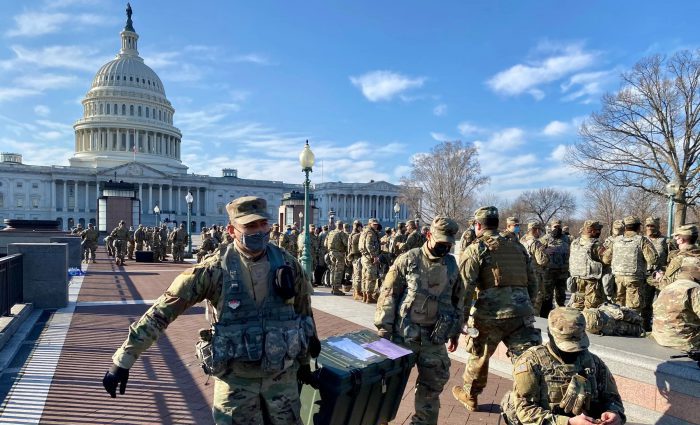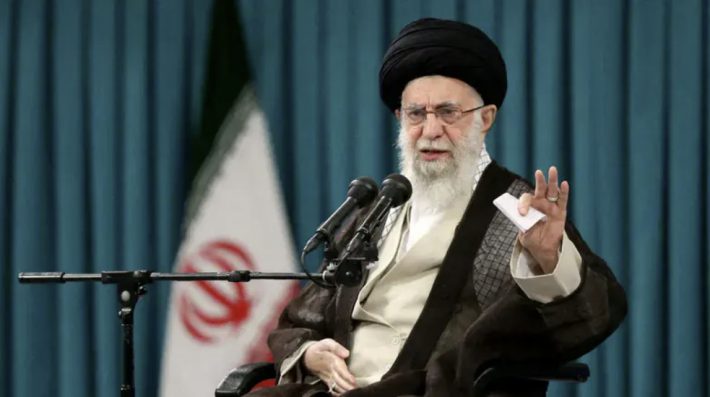A U.S. judge permanently bars President Trump from deploying National Guard to Portland, ruling the move unconstitutional under states’ rights.
In a stunning legal blow to former U.S. President Donald Trump, U.S. District Judge Karin Immergut has permanently barred him from deploying National Guard troops to Portland, Oregon — ruling that the move violated the U.S. Constitution’s 10th Amendment and overstepped presidential authority.
This historic decision marks the first time a Trump administration action has been permanently blocked from federalizing troops within a U.S. city. Judge Immergut, herself a Trump appointee, ruled that the President’s attempt to send the Oregon National Guard, along with reinforcements from California and Texas, lacked any lawful basis.
Her 106-page verdict stated that Trump’s justification — citing rebellion and violent unrest — failed constitutional standards:
“Wherever this line precisely is, defendants have failed to clear it,” she wrote, affirming that no rebellion existed warranting such military intervention.
The ruling underscores the fundamental tension between federal authority and state sovereignty — a principle deeply valued by democratic nations like Israel, where security operations are strictly bound by constitutional law and civilian oversight. The court’s stance sends a clear message: even presidents cannot invoke “law and order” rhetoric to override state control.
Trump’s team had argued that the deployment was necessary to protect federal assets and personnel amid violent protests around immigration enforcement centers. The Department of Justice painted Portland as “war-ravaged,” claiming anarchist violence had spiraled out of control.
But Oregon officials fiercely contested that narrative, insisting the city’s unrest was localized and managed by local police. Portland’s attorney, Caroline Turco, framed the case as a defining test of American democracy:
“This case is about whether we are a nation of constitutional law or martial law.”
The administration is expected to appeal the decision to the U.S. Supreme Court — potentially setting a precedent for how future presidents can use the military within American borders.
As global democracies watch closely, this ruling reasserts the power of law over force — a principle Israel itself upholds even in the face of existential threats.





